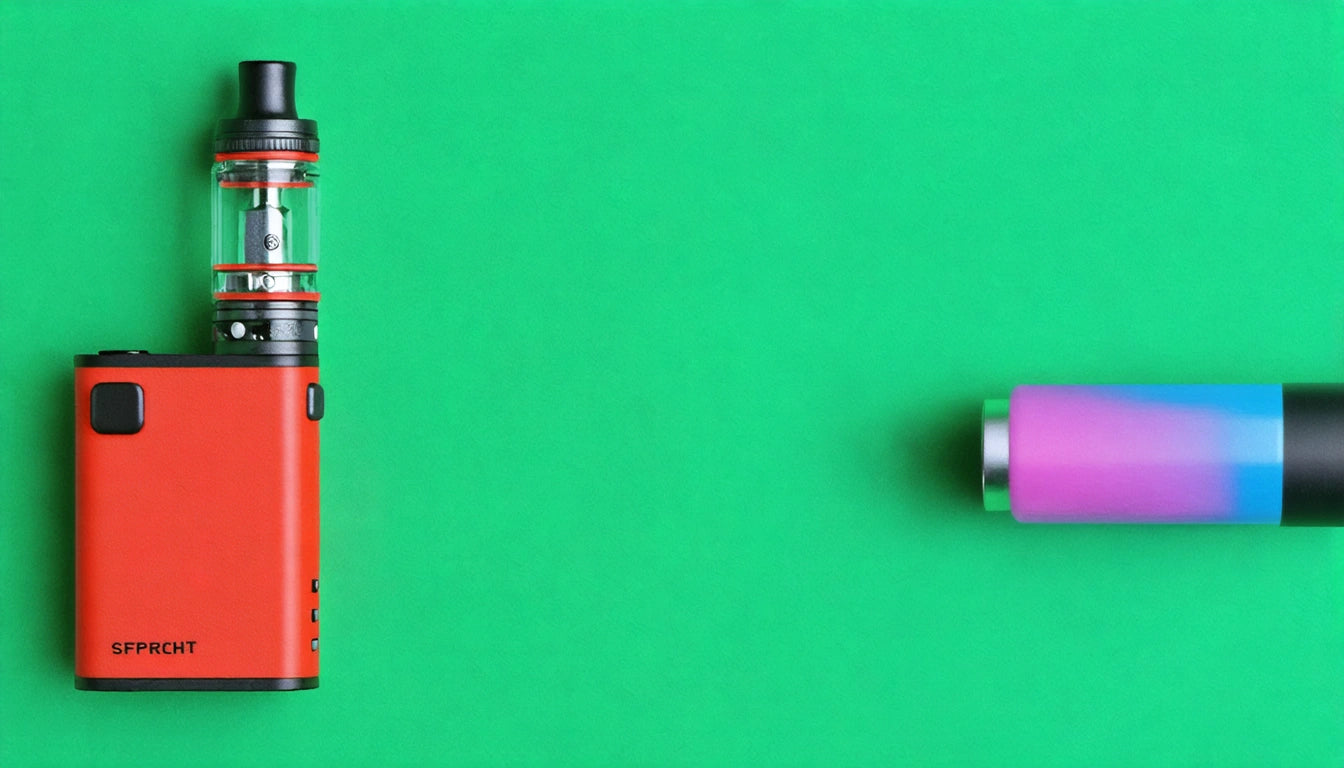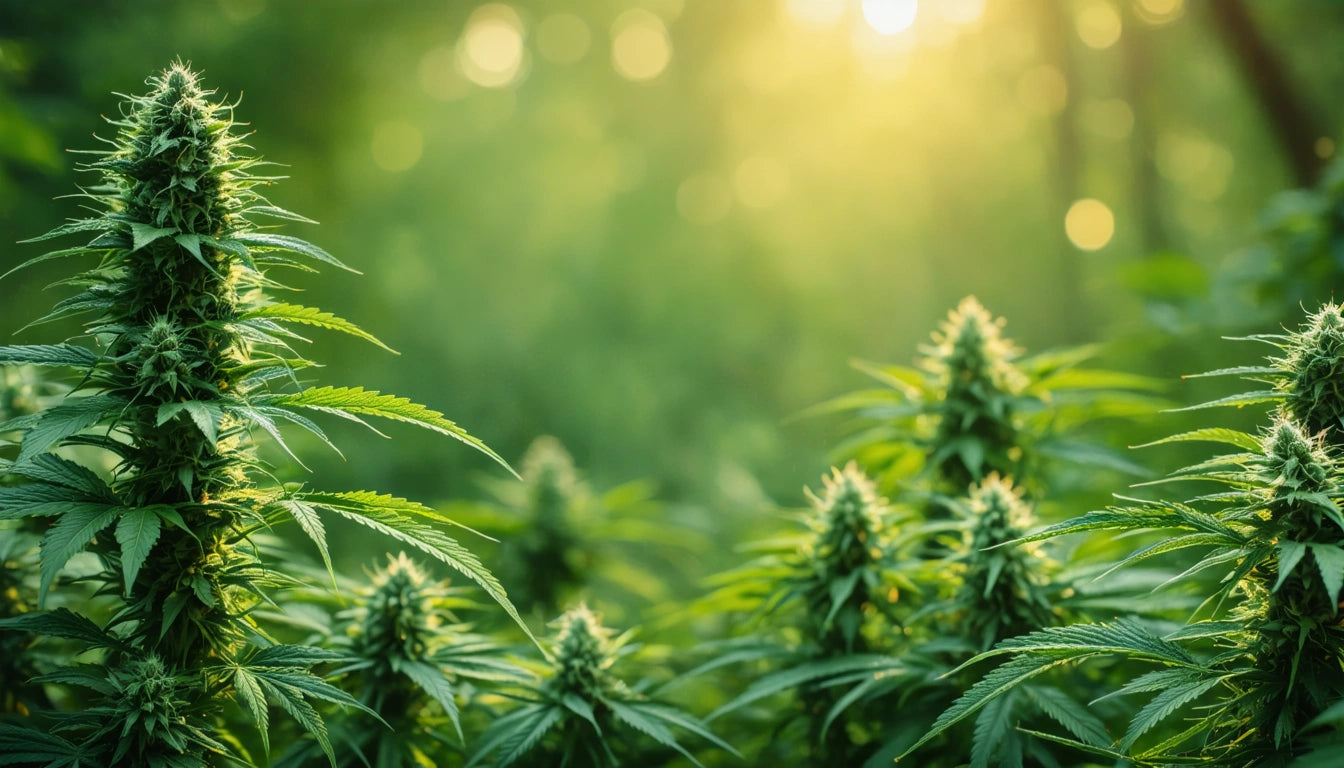Understanding Drug Decriminalization and Legalization in Oregon
Oregon has established itself as a pioneer in drug policy reform in the United States, implementing some of the most progressive approaches to substance regulation. Many people wonder what drugs are legal in Oregon and how the state's unique decriminalization model works. This comprehensive guide explores Oregon's current drug policies, the distinction between legalization and decriminalization, and the ongoing evolution of these approaches.
Oregon Drug Policy Overview: Current Status
Oregon's drug policy landscape changed dramatically in 2020 when voters approved Measure 110, making it the first state to decriminalize the personal possession of small amounts of all controlled substances. This raised questions about whether all drugs are legal in Oregon, which isn't technically accurate. The state maintains a nuanced approach where some substances are legal, others are decriminalized, and some remain fully prohibited.
Currently, the following substances have specific legal status in Oregon:
- Cannabis (marijuana): Fully legal for adults 21+ for recreational and medical use
- Psilocybin: Legal in supervised therapeutic settings (as of 2023)
- Small amounts of hard drugs: Decriminalized for personal possession (not legalized)
- Larger quantities and distribution: Remain criminal offenses
Measure 110 Explained: Oregon's Landmark Decriminalization
When did Oregon decriminalize drugs? The answer is November 2020, when voters passed Measure 110, officially called the Drug Addiction Treatment and Recovery Act. The law took effect on February 1, 2021, fundamentally changing how Oregon addresses drug possession.
Why did Oregon decriminalize drugs? Proponents argued that treating addiction as a public health issue rather than a criminal one would produce better outcomes. The measure redirected marijuana tax revenue toward expanding access to addiction and recovery services, creating a more health-centered approach to substance use.
Under Measure 110, possession of small amounts of drugs like heroin, cocaine, methamphetamine, and oxycodone was reclassified from a criminal misdemeanor to a civil violation, similar to a traffic ticket. The violation carries a $100 fine, which can be waived if the person calls a hotline for a health assessment.
Legal vs. Decriminalized: Understanding the Distinction
Many people mistakenly believe that all drugs are legalized in Oregon, but there's a crucial distinction between legalization and decriminalization:
- Legalization: Makes a substance lawful to use, possess, produce, and sell, usually with regulations (like cannabis in Oregon)
- Decriminalization: Removes criminal penalties for personal possession while maintaining civil penalties; production and sale remain illegal
In Oregon, only cannabis and therapeutic psilocybin are truly legal (with regulations). Other substances are decriminalized for personal possession in small amounts but remain illegal to manufacture or sell. This distinction is important for understanding what drugs are decriminalized in Oregon versus what is fully legal.
For businesses in states with changing regulations, proper packaging that meets compliance requirements is essential. Many operators utilize secure storage solutions like mylar bags to ensure products remain safely contained and properly labeled according to state guidelines.
Specific Substances Status in Oregon
Fully Legal Substances
Cannabis is fully legal in Oregon for adults 21 and older, allowing possession of up to 8 ounces at home and 1 ounce in public. Oregon was among the early adopters of recreational cannabis, legalizing it in 2014 through Ballot Measure 91.
In 2020, Oregon voters also approved Measure 109, creating a regulated program for therapeutic psilocybin services. This made Oregon the first state to legalize psilocybin for therapeutic use, with services beginning in 2023.
Decriminalized Substances
Under Measure 110, personal possession of the following substances in specified amounts is decriminalized:
- Heroin (less than 1 gram)
- Cocaine (less than 2 grams)
- Methamphetamine (less than 2 grams)
- MDMA/Ecstasy (less than 1 gram or 5 pills)
- LSD (less than 40 units)
- Methadone (less than 40 units)
- Oxycodone (less than 40 pills)
Possession exceeding these amounts, as well as manufacturing and distribution of any amount, remains criminalized. This answers the question of what drugs are illegal in Oregon: all controlled substances remain illegal for distribution, and possession beyond personal use amounts is still criminalized.
For more information about drug policy changes across different states, you can explore which US states have decriminalized marijuana and other drugs.
Impact and Outcomes of Oregon's Drug Policy
How is Oregon doing with legalized drugs? The results have been mixed and continue to evolve. Initial data showed:
- Reduced arrests and criminal charges for drug possession
- Fewer racial disparities in drug arrests
- Challenges in connecting people to treatment services
- Lower than expected utilization of the health assessment hotline
Oregon has faced implementation challenges, particularly in establishing and funding the treatment infrastructure needed to support the policy change. Critics point to continued public drug use and overdose rates, while supporters argue the program needs more time and resources to achieve its intended outcomes.
For context on how Oregon's approach compares to neighboring states, see drug legality and decriminalization in Washington State and Portland.
Recent Policy Changes and Future Direction
Are drugs still decriminalized in Oregon? Yes, but the policy has undergone significant revisions. In 2023, Oregon lawmakers passed House Bill 2513, which recriminalized public drug use while maintaining decriminalization for private possession. This adjustment came in response to community concerns about open drug use in public spaces.
In 2024, further changes were implemented through Senate Bill 1, which re-criminalized possession of small amounts of drugs as a misdemeanor while maintaining pathways to treatment instead of jail. This represents a partial rollback of Measure 110 while still preserving some of its public health approach.
Oregon's experience is informing drug policy discussions across the country, as detailed in this exploration of drug legalization across US states. The state continues to adjust its approach based on outcomes and public feedback, highlighting the complex nature of drug policy reform.
As Oregon refines its pioneering approach to drug policy, the state remains at the forefront of the national conversation about effective, humane responses to substance use disorders and the limitations of criminal enforcement approaches.











Leave a comment
All comments are moderated before being published.
This site is protected by hCaptcha and the hCaptcha Privacy Policy and Terms of Service apply.